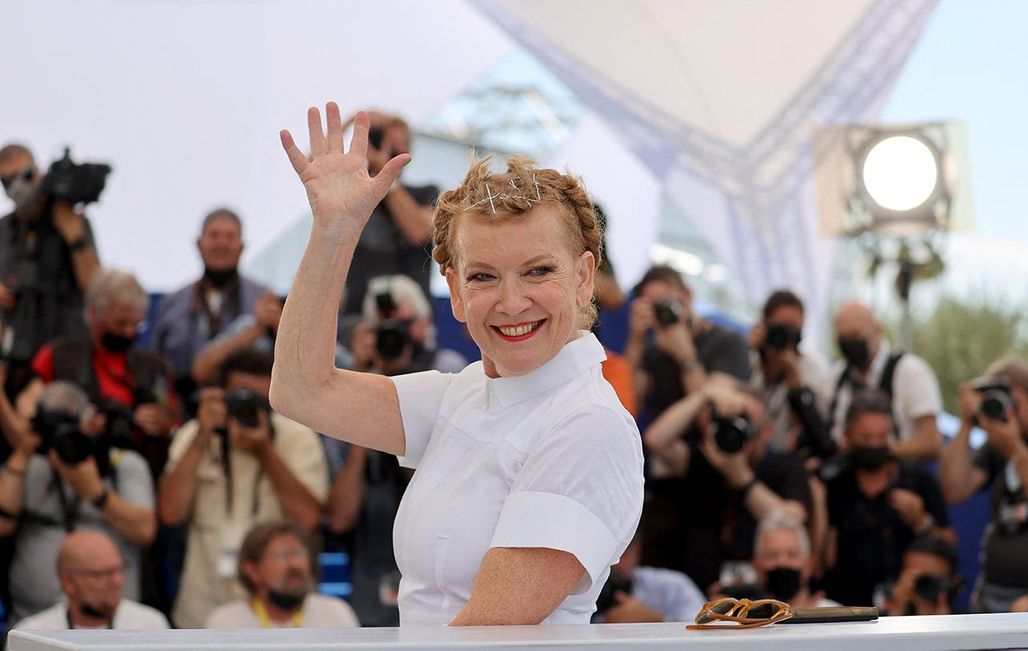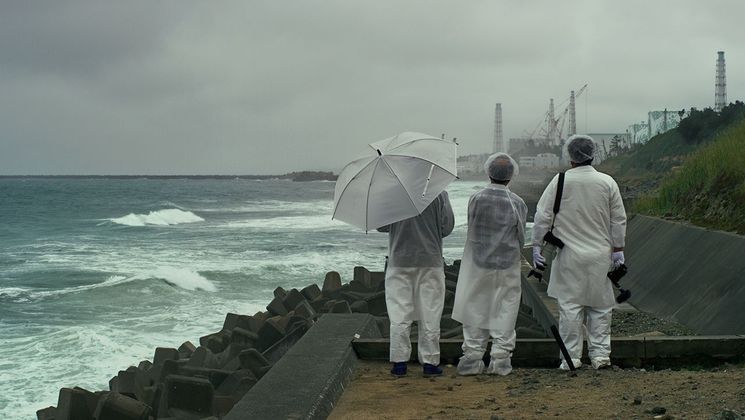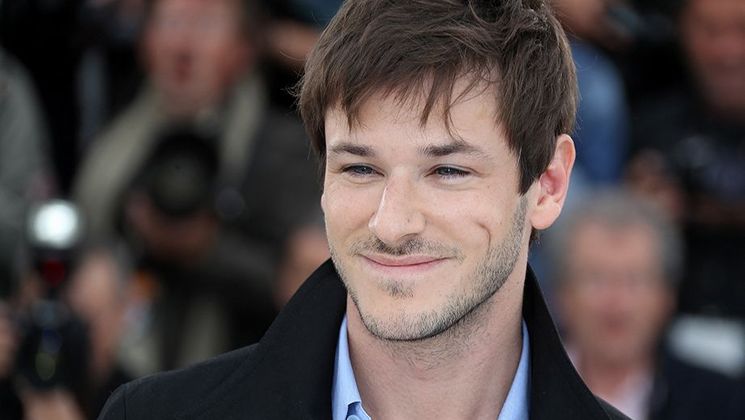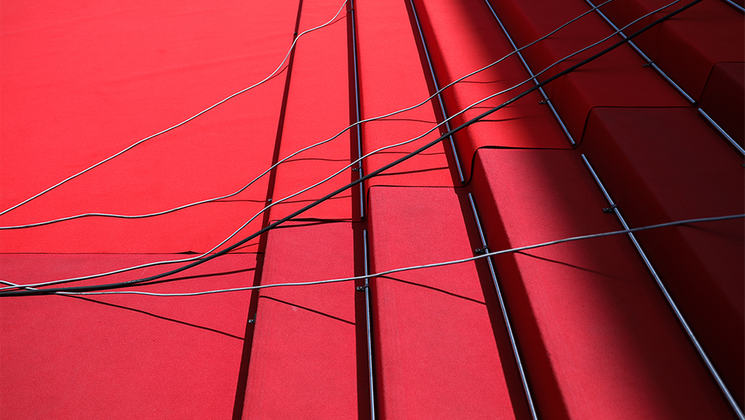
Interview with Andrea Arnold, President of the Jury of Un Certain Regard

A solid representative of British social film, Andrea Arnold set the scenario for her first two films in the suburban core to depict the plight of its population. Selected In Competition, Red Road (2006) and Fish Tank (2009) each won a Jury Prize. She left Cannes in 2016 with a new Jury Prize for American Honey, her third feature film. This year, she is President of the Jury of Un Certain Regard.
What was your frame of mind when you accepted the role you have been given?
I want to take the plunge into each of these feature films with as little information as possible, with my mind as a completely blank slate with regard to what they are supposed to be telling me. In general, when a film is recommended to me, I don’t like to be told why. I like a surprise. This is why I don’t much like listening to directors who talk about their feature films. I like to enter the universe of a film as an adventure and with a sense of discovery.
What draws you into a film?
Emotion. We all love to be moved by a film! Sometimes emotion hits you at an unexpected moment, it grabs you when you are least expecting it. It is a very mysterious sensation that we have all experienced. Now I have several juries under my belt and I have realized that we are all more or less affected by the same things. There is this universal aspect. All the films we will be screening come from all over the world and show us different cultural perspectives. But I think that what will bring us all together is humanity.
And visually, what is it that touches you?
Each director has a unique way of communicating emotions and I am open to all of them. In some films, feelings are depicted with restraint. And in others, in a more powerful way. For example, I find Michael Haneke’s films very moving even though the emotions are always very restrained. I don’t necessarily expect to be moved by the form. The kind of film I prefer is one that invites our participation.
This year, the selection of Un Certain Regard includes a majority of first feature films …
Usually, a first film is always powerful and brave. It is the stage where we are the least timid. I make films to communicate my feelings to others and they always come from the depth of my soul. Then I offer them to viewers in the purest manner possible. We should never be afraid to show what comes from the deepest parts of ourselves, even when we have passed the stage of our first film.
What do you remember about being on the set of your first feature film, Red Road?
The filming was very difficult because we were on a tight budget. It rained non-stop in Glasgow and sometimes I couldn’t sleep. I remember a day when I turned in completely exhausted. It must have been one in the morning. I lay down on my bed with all my clothes on, even my rain gear and shoes. And I opened a beer. I woke up the next morning with my glass in my hand. Making a first film is always an extraordinary adventure! And I never imagined that Red Road could be selected in Cannes. Showing my first film, sitting in this immense theatre after having walked the red carpet … I have a wonderful memory of that.
Let’s talk about Cow, your new film screened in Cannes Première. What is its point of departure?
It has something to do with my childhood. Since I was a very small child, I have always had a particular relationship with nature. As a child, I spent a lot of time outdoors. I realized as I got older that I have lost sight of it to some extent, even if I still use it in my films as a sort of secret place to uncover emotions. I remember that as a child, I could watch the cows in the neighboring fields from my window. In England, it is quite common to have this kind of landscape across from you. That had the same effect on me as looking at a painting. I wanted to know what it would be like to enter into this painting and encounter its reality.
What did you want to show?
The state of an animal’s consciousness. And observing it. I filmed with a milking cow and her calf. In the beginning, I wanted to film the life of this cow, but dairy cows live fifteen years and no one in the crew wanted the shoot to take that long! So I decided that the film’s point of departure would be the birth of the calf. I wanted to try to understand their life cycle. The process took about four years. It is a film that lives according to the rhythm of the cows. We watch them on their own level. It is a sort of exploration that I undertook with a great deal of curiosity. I showed them my gratitude. But it is not a documentary.
What do you recall from your time in the world of series?
It is very different from film because you jump into somebody else’s world. But I learned a lot and most of all, I had a lot of fun. I usually work with non-professional actors, so it was new for me but I loved it. The film crews are very efficient in the United States. The presence of the “showrunner” enabled me to concentrate solely on directing. I had more the impression of being at work than when I make my own films, but it was very fun work. I still managed to put my personal stamp on it. Sometimes even a bit too much!
What will Brexit change for the film industry in the UK?
I don’t know yet. It is still to soon to tell because we are still getting adjusted to it. But I felt very sad when it had been voted in. I feel like I am living in a very unstable and strange world. It is a pity, this separation. Those who voted in favour would probably say that it makes us even more distinctly British. And perhaps if anything positive comes out of it for cinema, it would be that more distinctly British films will be made.


